Compliance

In conversation with the world’s first and only standalone virtual assets regulator: Dubai’s Virtual Assets Regulatory Authority
Amidst the resurgence in global crypto markets, governments across the world are working to implement comprehensive regulatory frameworks and enact…
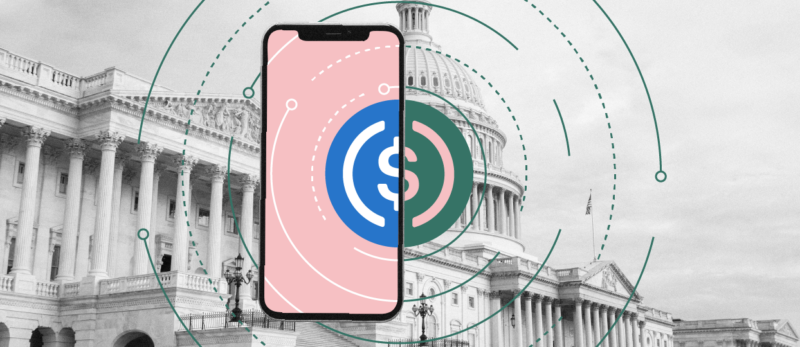
Everything You Need To Know About Stablecoin Regulation Podcast Ep. 95
Episode 95 of the Public Key podcast is here! Stablecoin regulations have been slowly popping up around the world. In…

Fan Tokens and SportsFi: Alexandre Dreyfus – Ep. 89
Episode 89 of the Public Key podcast is here. Fan Tokens and SportsFi might be very new terms to those…
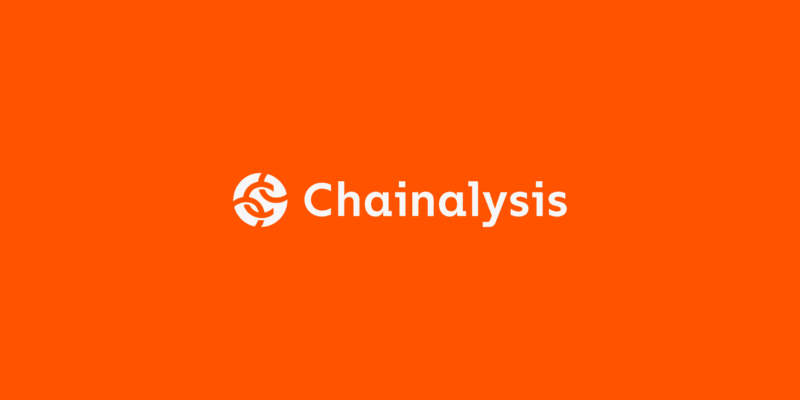
KPMG in Canada and Chainalysis team up to help organizations combat illicit crypto transactions
With the ongoing threat of crypto fraud and criminals growing more sophisticated every day, organizations need ever-powerful solutions to help…
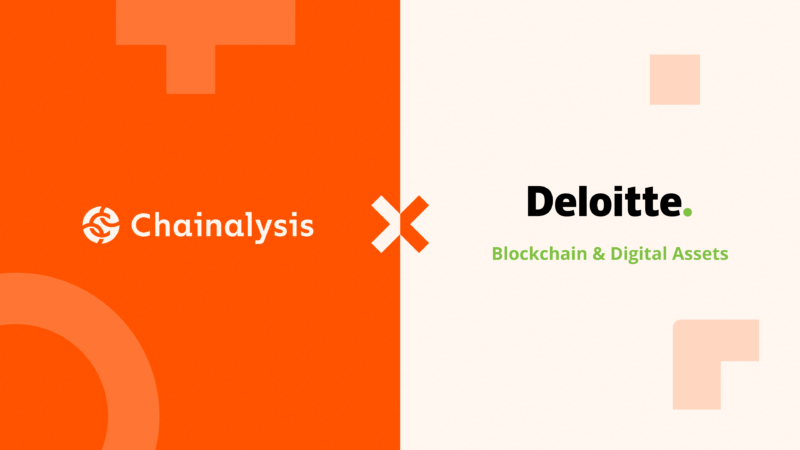
Deloitte and Chainalysis Announce Alliance to Provide Digital Asset Data and Analytics Solutions and Services
The alliance will provide public and private organizations with bespoke solutions and specialized services related to risk, compliance, and investigations.
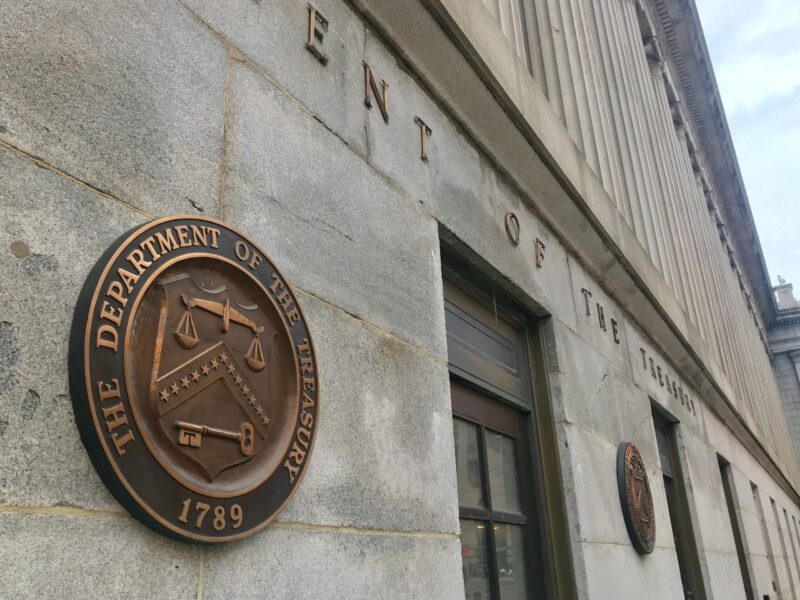
Challenges and Opportunities in Cryptocurrency Sanctions Compliance and How Blockchain Analysis Can Help
This year, the research team at Chainalysis found that illicit activity in crypto reached an all-time high in 2022. Why?…

FATF’s Updated Guidance Tells Regulators to Focus on Business Models Over Technology and Terminology
On October 28, 2021, the Financial Action Task Force (FATF) released its updated guidance for how member jurisdictions should regulate…
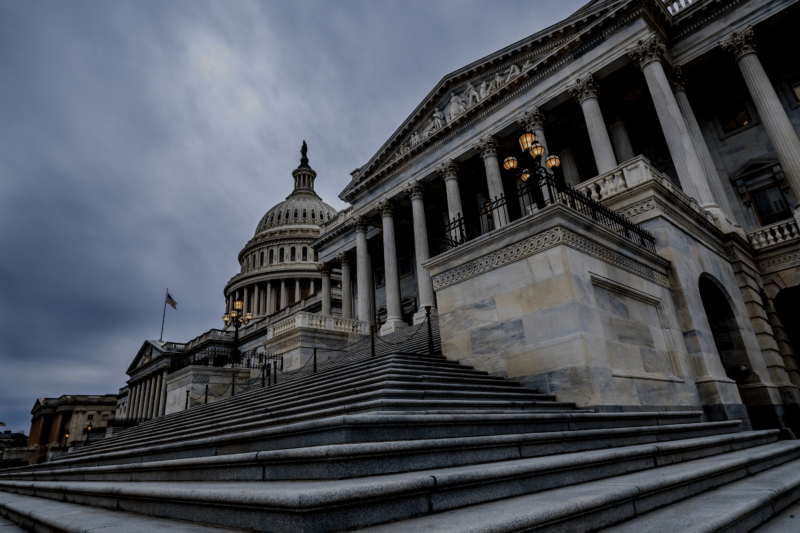
How Governments Regulate Cryptocurrency
In the early days of blockchain technology, cryptocurrencies operated in a gray area of the economy. But as financial institutions…

How Continuous Cryptocurrency Transaction Monitoring Gives Compliance Teams Peace of Mind
Compliant cryptocurrency businesses know what it takes to keep their platforms safe: They need to conduct KYC checks on customers,…

FATFの2度目の12ヶ月レビューについての考察
マネーロンダリングやテロ資金供与対策(AML/CFT)の国際基準を策定する政府機関である金融活動作業部会(Financial Action Task Force: FATF)は、今月”Second 12-Month Review of the Revised FATF Standards on Virtual Assets and Virtual Asset Service Providers”を公開しました。FATFが暗号資産(Virtual…

Not All Blockchain Analysis Providers Are the Same and Other Insights from FATF’s Second 12-Month Review
The Financial Action Task Force (FATF) is the inter-governmental body that sets global standards relating to anti-money laundering and combating…

FATF’s Proposed Updated Guidance for Cryptocurrency Regulation: Everything You Need to Know
On March 19, 2021, the Financial Action Task Force (FATF) released proposed updates to its 2019 guidance for how member…

FATF暗号資産規制ガイダンス改定案の要点
2021年3月19日、金融活動作業部会(Financial Action Task Force: FATF)は、加盟国が暗号資産のエコシステムをどのように規制・監督すべきかについて、2019年版ガイダンスの更新案を発表しました。もしFATFが本案を採用し加盟国が適用する場合、暗号資産サービスプロバイダー(VASP)の定義は拡大され、多くのNon-custodialな暗号資産事業者までもAML/CFT規制の対象となります。Chainalysisは、金融犯罪を効果的に防止するための規制は支持しますが、今回のガイダンスの一部について懸念もあります。現時点で違法活動が認められないような新興の暗号資産市場に対してまで不合理な規制負担をかけることで、結果的に将来のイノベーションを阻害しかねないという点についてです。 FATFガイダンスは、暗号資産の規制については技術的な要素に依らないアプローチをとっています。何をVASPとみなすかについては、技術的にどうしているかという点ではなく、あくまで資産の移転や交換を行っているかに焦点を当てています。今回の改定案では、利用者が資金を移転・交換できるならば、DeFiプロトコルのようなNon-custodialなサービスまでもVASPとみなして規制対象にすべきとされています。将来的にFATFは、現時点では存在しない新たなイノベーションを活用する暗号資産ビジネスに対してもこの規制の枠組みを適用し、サービス発足以前にVASP規制の準拠を要求する可能性も考えられます。さらに、本改定案は、ノン・ファンジブル・トークン(NFT)やセルフホスト型ウォレット、トラベル・ルールにも影響を与えるでしょう。本記事では、改定案における変更点を要約し、それが制定された場合の影響を整理します。 DeFi、P2P取引所、NFT 分散型取引所(Decentralized Exchange: DEX)などのDeFiプロトコルは、利用者の資金を預からず、人の介入なしに自律的に運営されるため、AML/CFT規制の対象となるVASPではないとの意見が多くありました。しかし、今回の改訂案はそれに反するものです。ルール文書案の第57項には、以下の重要な文言があります。 「FATF基準では、DApp自体(ソフトウェアプログラム)はVASPではない。FATF基準はソフトウェアや技術的要素には適用されないためである。一方で、DAppに関与する事業体はFATFの定義ではVASPとなる可能性がある。例えば、DAppの所有者や運営者は VASPの定義に該当する可能性がある。VASPの定義にあたる要素が部分的にでもあれば、オペレーションの個々の要素が分散化されていたとしても、VASPの適用範囲から外れるというわけではない」 つまり、新規ルールでは、DeFiプロトコル自体ではなく、その「所有者と運営者」がVASPとみなされることになります。些細な違いにも見えますが、FATFからのメッセージは、分散化されたNon-custoridalサービスであっても、それを管理する中心的なグループ(所有者と運営者)がいれば、VASPとして扱うことができるということです。第77項では、この文脈で所有者や運営者とは誰を指すのかを補足説明しています。 「VASPかどうかを判断するために特定の事業体を評価する必要がある場合、あるいはVASPとなるかが不明確なビジネスモデルを評価する必要がある場合には、いくつかの一般的な問いが解答のヒントとなる。サービスや資産の使用から誰が利益を得るのか、誰がルールを確立し変更できるのか、誰が運営に影響を与える決定を下せるのか、誰が製品やサービスを生み出し販売を推進したのか、誰が運営に関するデータを所有し管理しているのか、誰が製品やサービスを停止できるのか、などといったことである。」 このガイダンスでは、このシナリオで誰がVASPに指定されるかの明確な基準は示されていないものの、規制当局はDeFiプロトコルのようなサービスを管理しそこから利益を得ている人物やグループに注目すべきだ、と示唆しています。FATFは、サービスを成立させる技術がVASP基準を満たしていないとしても、それがVASPとして機能するのであれば、そのサービスに関連する人物も含めてVASPとみなし、コンプライアンスの責任を負うべきだと提案しています。これはもちろん、現在稼働している主要なDeFiプラットフォームのほぼすべてに適用されますし、起業家が将来的に構築する新しいプラットフォームにも適用されるでしょう。 ガイダンスからは、P2P取引所をVASPとみなす際にも同様の論理を適用すると、第75項から読み取れます。 「P2Pプラットフォームと自認するサービスについて各国は、サービスの分類やビジネスモデルではなく根本的な活動そのものに着目すべきである。暗号資産を含む交換や移転、保管、その他の金融活動に携わっている場合、そのプラットフォームは必然的に顧客のために業として交換や移転の活動を行うVASPとなる。」 P2P取引所は、技術的には資金を預かることなくユーザ間の直接取引を取り次いでいるだけかもしれませんが、そのような取引がVASPの活動に相当するのであれば、P2P取引所も新規ルールの下でVASPとして扱われることになります。 第78項では、標準的ではない通貨を暗号資産(Virtual Asset:…

FATF’s 12-Month Virtual Asset Review: Substantial Progress and Need for Greater Consistency
This week, the Financial Action Task Force (FATF) published its 12-month review of the progress made by both the public…

FATFによる12ヶ月レビュー: 着実な進展と一貫した対応の追求
訳注: FATFに参加するメンバーには単一の国だけでなく複数の国から構成される政策機関も含まれることから、原文では「国」を意味する”country”ではなく、「法律の管轄区域」を意味する”jurisdiction”という用語が使われています。日本語では、原則としてそれに従い「法域」と訳しています。 今週、Financial Action Task Force (FATF)は、12ヶ月という期間で、公共及び民間部門において、暗号資産関連の規制について施行すべきこと(FATF勧告)がどの程度進んでいるかについてのレポートを発表しました。このFATF勧告は、元々2019年6月に発表されており、FATFの200以上のメンバーやオブザーバーである法域に対して、以下のような規制を施行することを求めています。 取引所やホステッドウォレットなどを含む暗号資産サービスプロバイダ(Virtual Asset Service Provider: VASP)を免許制とすること 本人確認(Know Your Customer: KYC)やエンハンスドデューデリジェンスを徹底すること VASPにおいてトランザクションモニタリングによるリスクベースのAML/CFTコンプライアンスを義務付けること トラベルルールコンプライアンス − 1,000…